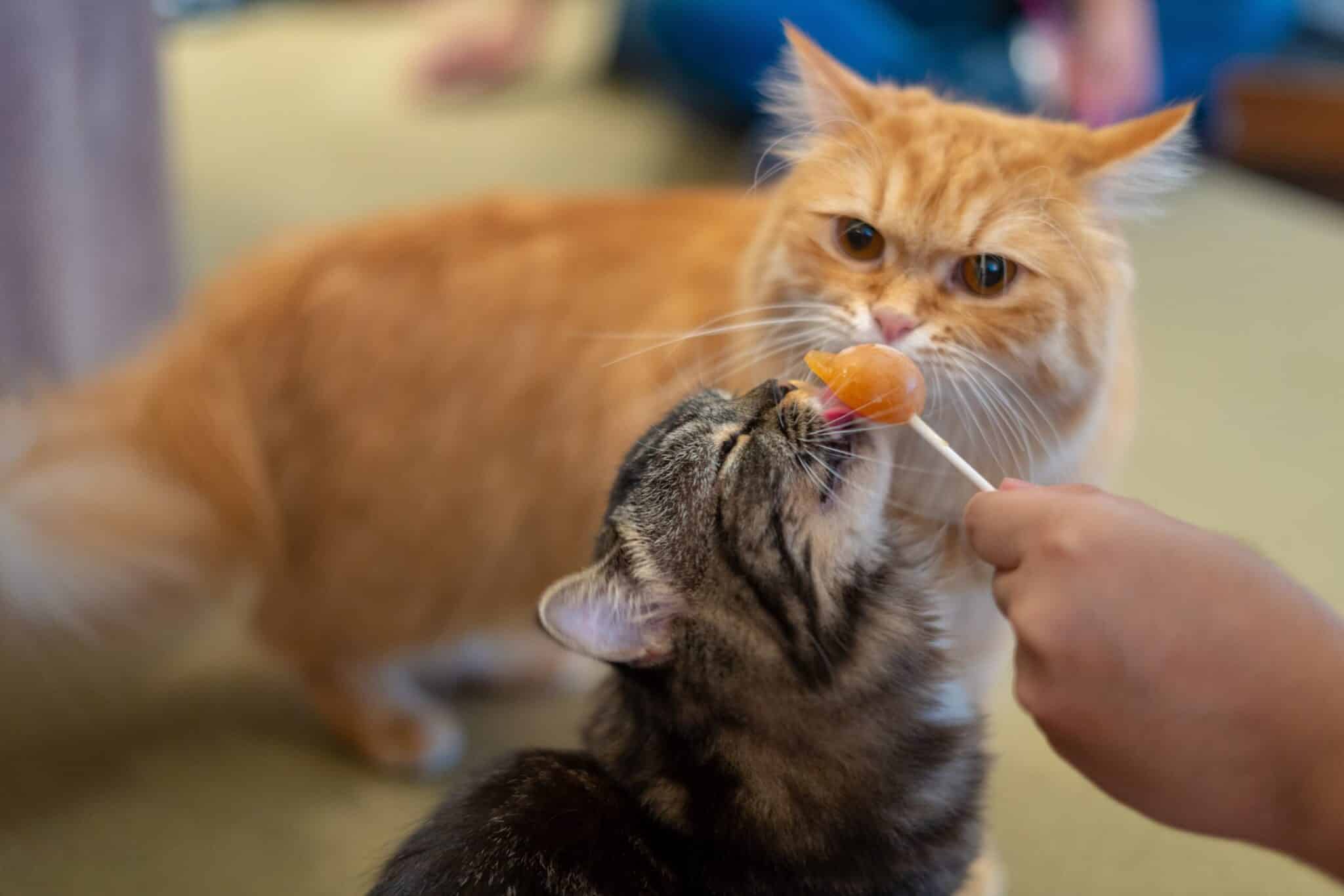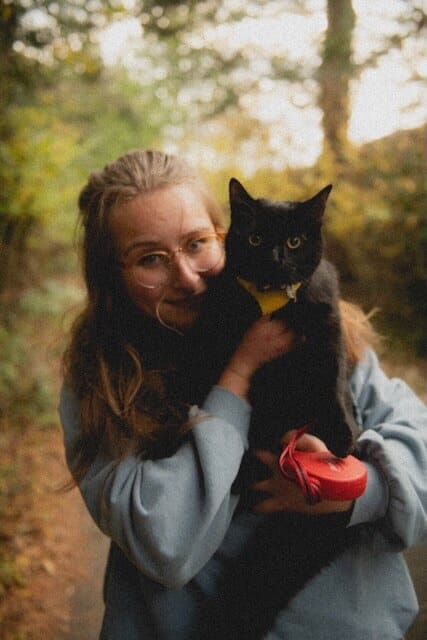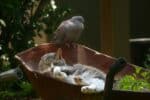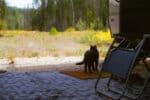Cats are strict carnivores that rely on nutrients in animal tissues to meet their specific and unique nutritional requirements. In fact, cats use animal protein and fat as energy sources. The only exception to this rule is the one and only Garfield whose favourite food was lasagna. But what really happens when you feed your cat carbs, and why?
This is going to be a very scientific post, so if you’re not the type of person to read those, scroll down to the bottom for “tl;dr” (“too long, didn’t read”)
Let’s start with WHY…
Cats have several physiological adaptations reflecting their low need for carbohydrates. Let’s start from the beginning of their GI tract and consider SOME of them.
Cat’s lack salivary amylase – an enzyme that is responsible for initiating digestion of carbohydrates. Next, cats also have very low intestinal and pancreatic amylase levels, as well as disaccharidases (another enzyme responsible for digestion of certain sugars/ carbs). It’s also worth mentioning that cats’ digestive system is much much shorter than ours and their stomachs’ pH balance is very low (pH 1-2). For reference, the optimal pH level for carbs digestion is 7.0, and complex carbs can take hours to digest, proving that cats are not adapted to eating high levels of carbs.
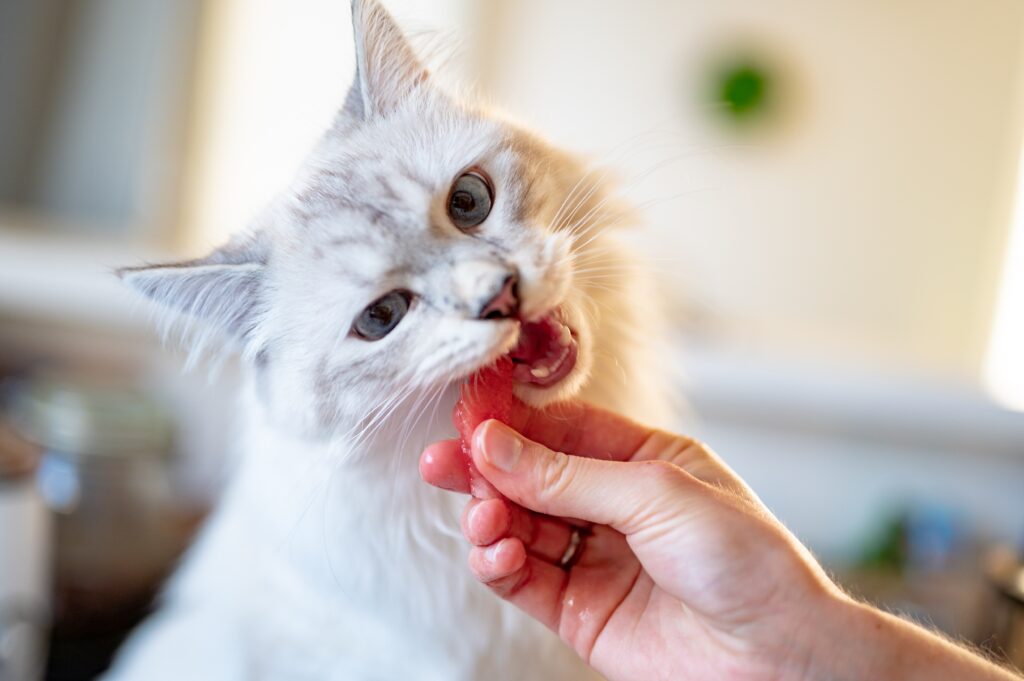
What happens when cats eat a diet high in carbohydrates
Consuming high amounts of carbs interferes with protein digestibility and the absorption of minerals. The acidity in their stomach begins to rise leading to slower digestion, as well as food bacteria and contaminants not being destroyed as effectively.
A cat’s liver has minimal ability to convert glucose to glycogen (as cats use animal amino acids and fat as energy source), so any additional carbs/ starch that’s not used for energy is stored as fat, eventually leading to obesity. Plus cats can’t control their glucose levels the way we do, which can lead to diabetes. And continual high blood sugar levels can even lead to pancreas damage.
Do you ever wonder why your cat’s poop smells so bad? Or maybe why he poops so much/ so often? Well, diet with increased carbohydrates leads to a change of pH balance in cats’ stools. As carbohydrates need more time to digest, they start to ferment in the cats intestines, leading to higher amounts of organic acids. And because carbs have no nutritional value for the felines and don’t get absorbed, it leads to bigger poops.
TL;DR
Cats have several physiological adaptations reflecting their low need for carbs. In fact, they simply can’t properly digest them, leading to multiple serious health problems (obesity, diabetes, pancreas damage) as well as large VERY stinky poops.
Finally, an interesting little fact – most cats are not attracted to foods with a sweet taste, which is in contrast to the taste preferences of dogs and people. Cats apparently prefer foods flavoured with animal products (eg, fats, meats).
Sources:
(Debra L. Zoran, 2002) “The carnivore connection to nutrition in cats”
(Ellen Kienzle, 1994) “Effect of carbohydrates on Digestion in the cat”
(E. Kienzle, 1994) “Blood sugar levels and renal sugar excretion after the intake of high carbohydrate diets in cats”
(S.R. Hill , K.J. Rutherfurd-Markwick , G. Ravindran and D.G. Thomas, 2015) “The effects of differing proportions of dietary macronutrients on the digestibility and post-prandial endocrine responses in domestic cats (Felis catus)”

